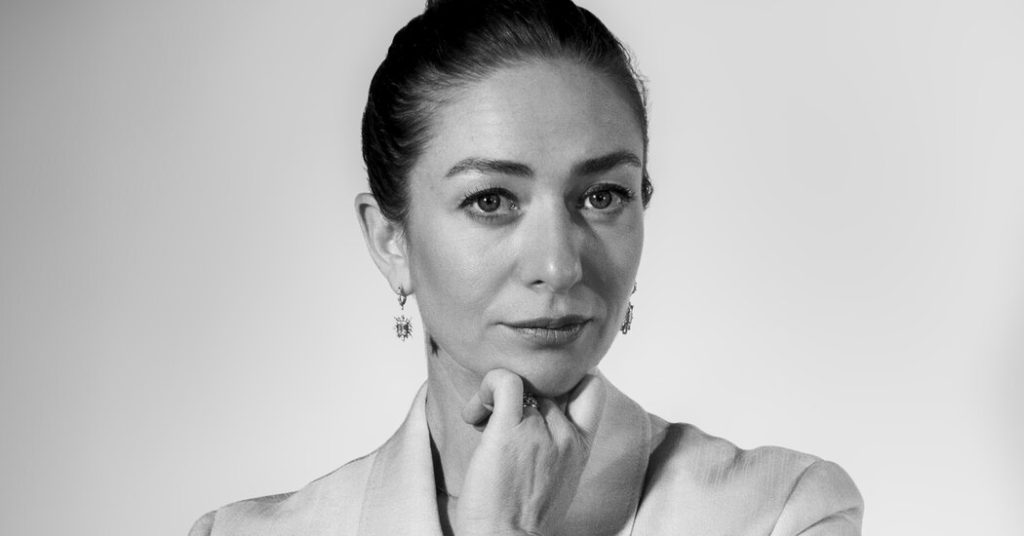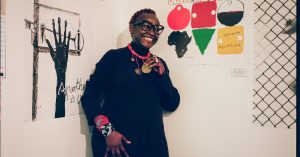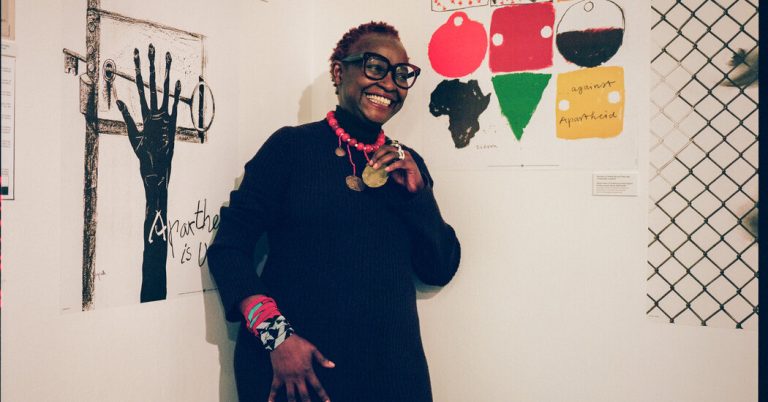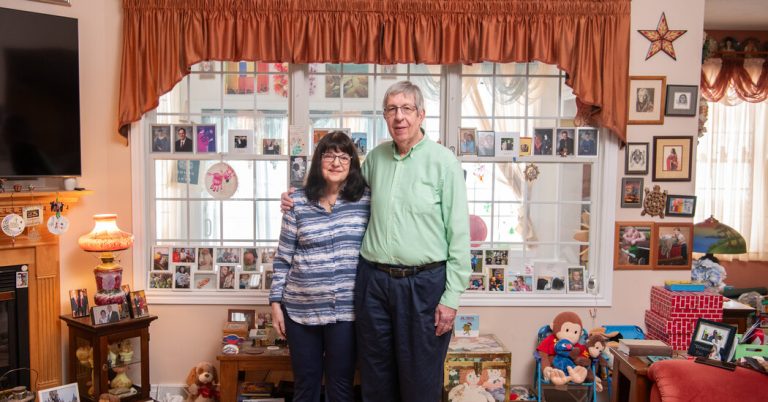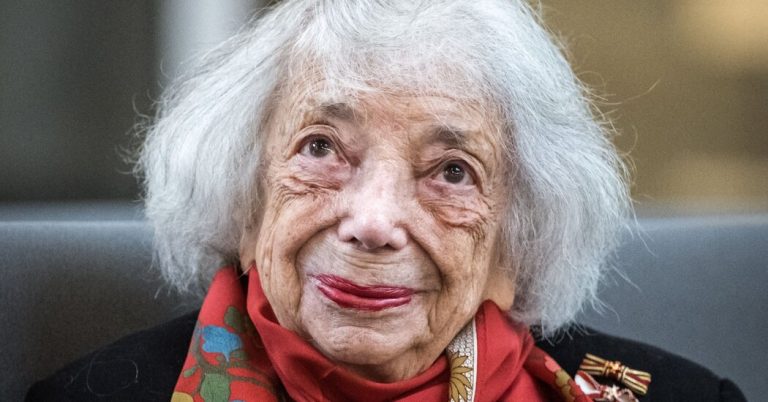It feels like a lifetime ago, but when Whitney Wolfe Herd co-founded her first company, the dating app Tinder, the overwhelming feeling about apps and screens and tech in general was optimism. This was 2012, Wolfe Herd was just out of college, and she, too, was optimistic — about being a woman in tech, about dating apps, about technology’s ability to solve big problems. In the decade-plus since, Wolfe Herd and the culture have learned some lessons.
Famously, Tinder gamified the search for love, introducing that addictive swipe feature to its target audience: millennials. It was a huge hit, but Wolfe Herd’s time at the company was brief. In 2014, she left Tinder and sued, claiming that she experienced sexual harassment and discrimination from one of her co-founders, with whom she also had a relationship. The company denied responsibility, and the case was settled.
Soon after that, at 25, she started the dating app Bumble, which billed itself as a safe space for women to find love. (The big innovation on Bumble: Women made the first move.) Wolfe Herd became a darling of the so-called “girl-boss era” — making the Time 100, Forbes’s 30 Under 30, all those women in tech lists — and got very rich in the process, becoming the youngest woman to take a company public and, briefly, a billionaire.
But post-pandemic, with Gen-Z souring on dating apps and wanting IRL connection, Bumble’s shares fell sharply, and last year Wolfe Herd decided to step down as chief executive. It felt like the end of an era and probably was one, except that the departure didn’t last. After a little more than a year away, she is back at the company she founded with a plan to turn its fortunes around: It involves Silicon Valley’s latest transformative technology, A.I., and some perspective on what technology can and can’t do for us. It also involves a broader vision for the app beyond dating: Wolfe Herd told me that she would like Bumble to eventually help users find love by learning to love themselves via self-reflective quizzes the company is developing and also to point members to local social gatherings so they can get off the app and into the world. You can decide if all this leaves you feeling optimistic about Bumble, about female leaders in tech, about human connection, or not.
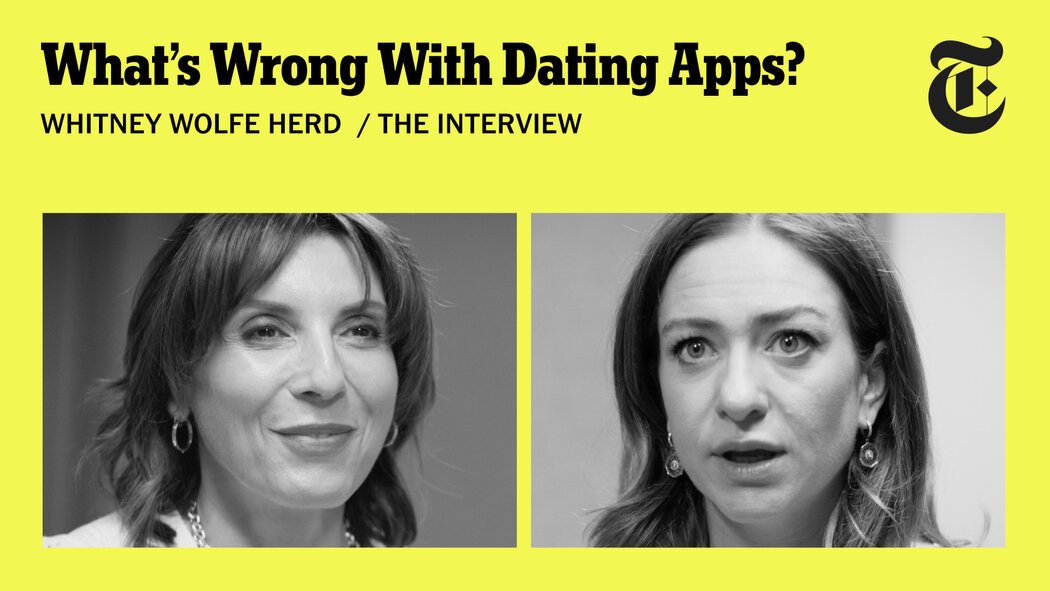
The Bumble CEO has returned to run the struggling company she founded, and says she has a plan for getting Gen Z back.
Subscribe: Apple Podcasts | Spotify | YouTube | Amazon | iHeart | NYT Audio App
You’ve been in tech since your early 20s. What was it like to have time away? It was the first time I was faced with “Who am I without one of these huge consumer brands attached to me?” and that’s a very strange place to be. I was 22 when we were starting Tinder, and I became the Tinder girl. Then I became the Tinder lawsuit girl and then I became the Bumble girl. This became an extension of my identity. I am the type of founder-C.E.O. who is in every detail. I’m emailing members who are having bad experiences personally. And so to relinquish that level of involvement took maturity I didn’t know I possessed and a release of control that I didn’t know I was capable of. So it was very destabilizing at first when I stepped away because I was like, Who am I without all of this? And when I left Bumble, it was tough, because it didn’t play out the way I’d hoped in terms of the narrative.
